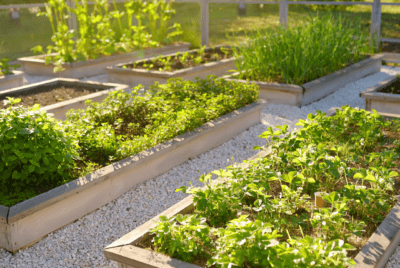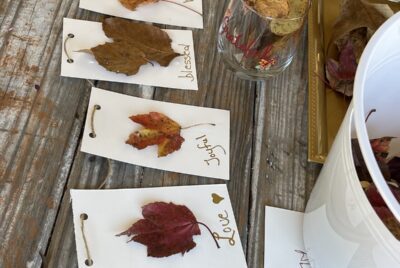RESEARCH
Developing a Sensory Area for Visually Impaired Person to Impart Horticultural Therapy
Summary
This study focused on developing a sensory area within a horticultural therapy (HT) garden to benefit visually impaired individuals. Researchers randomly selected ten students, aged 10-20, from a school for the visually impaired and observed their interactions within the sensory garden. The garden design incorporated elements catering to smell (aromatic plants), sound (wind chimes, rustling plants), touch (varied textures like soft leaves and rough bark), taste (herbs, vegetables, fruits), and sight (vibrant flowers) for those with partial vision.
The study used questionnaires and interviews to gather feedback on the practicality and acceptability of the sensory area. Observations were also conducted to assess the children’s responses. Results indicated that the sensory area, designed to stimulate non-visual senses, was engaging and beneficial for the visually impaired students, offering them a unique way to interact with and experience nature. The study highlighted the importance of considering tactile, olfactory, and aural elements when designing accessible environments for visually impaired individuals.







